The approval of all 28 Strategic Plans (one for each EU country and two for Belgium) by the European Commission marks the start of the new Common Agricultural Policy, scheduled on 1 January 2023.
€264 billion of EU funding will support European farmers in the transition towards a sustainable and resilient agricultural sector, and help preserve the vitality and the diversity of the rural areas. Co-financing and complementary national financing will bring the total public budget dedicated to farmers and rural communities to €307 billion for the 2023-2027 period. Other programmes falling within the remit of the CAP but outside the CAP Strategic Plans, such as the POSEI programme for outermost regions, the EU school scheme, promotion programmes, will benefit from an additional EU funding of €6 billion.
A fairer CAP
All Strategic Plans support viable farm income and resilience of the agricultural sector as a key objective. Here are a few examples of the support provided:
- CAP direct payments remain a safety net for farmers. Close to €20 billion of basic income support will be distributed to eligible farmers each year. However, it is conditional on farmers applying strengthened basic standards for good agriculture and environmental conditions (GAECs). The GAECs are expected to cover close to 90% of the EU agricultural land.
- The new CAP will direct a higher level of public support to those who need it most. Small and medium-sized farms in 25 EU countries will receive higher income support thanks to a redistributive payment amounting to 10.6% of all direct payments. This will amount to €4 billion annually. This is 2.5 times more than the redistributive payments under the current CAP (2014-20) only applied by ten Member States.
- To help farmers deal with crises, 15% of EU farms will receive support to subscribe to insurance premia, participate in mutual funds or in other risk management tools.
- The level of support for protein crops/legumes through coupled income support will increase by 25% compared to 2022. This will help reduce the dependence of EU farmers on imports and use of certain fertilisers. Seventeen other sectors undergoing difficulties will also receive coupled support, reaching 21% of EU farms.
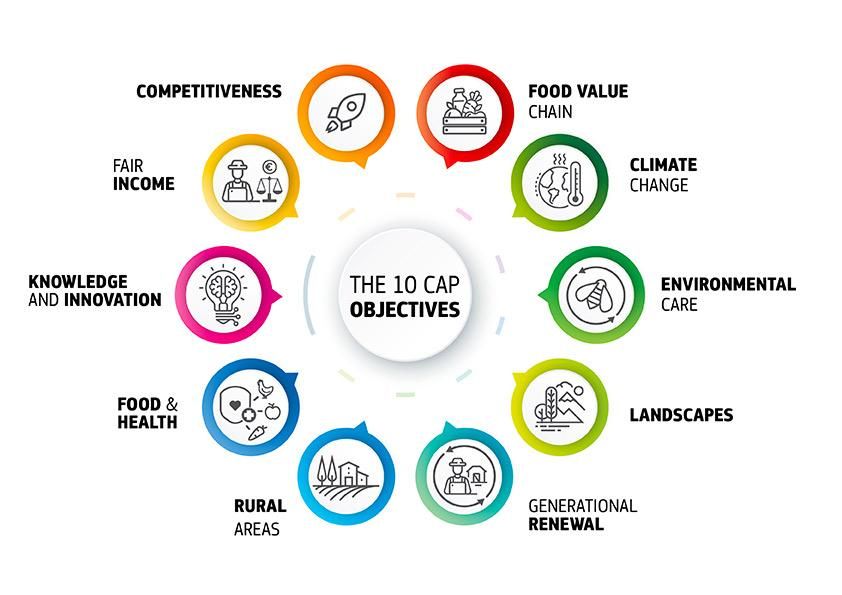
Key policy objectives of the new CAP
|
A greener CAP
Three out of ten of the CAP’s specific objectives directly concern the environment and climate. Thanks to the “no backsliding” clause, Member States are required to demonstrate higher ambitions in their CAP Plans compared with the current situation. This results in the most ambitious CAP ever from an environmental and climate perspective.
- In the CAP Strategic Plans, close to €98 billion, corresponding to 32% of the total CAP funding (EU and co-financing) will be devoted to delivering benefits for the climate, water, soil, air, biodiversity and animal welfare, and to encourage practices beyond the mandatory conditionality. If we look at the breakdown of this amount across instruments and funds, 24% of direct payments are dedicated to eco-schemes and 48% of rural development spending from all plans will fully support environmental and climate objectives.
- The Plans will incentivise land managers to store carbon in soil and biomass, reduce greenhouse gas (GHG) emissions and help with adaptation in 35% of the EU’s agricultural area through appropriate management practices, such as extensive grassland management, growing of leguminous and catch-crops, organic fertilisation or agroforestry.
- Based on new obligations for farmer, crop rotation is expected on around 85% of the EU CAP-supported arable land. This will help disrupt pest and disease cycles and thus reduce the use and risk of pesticides. To go further, more than 26% of EU agricultural land will receive support for, among other things, adopting integrated pest management and using non–chemical methods for pest control or precision farming.
- The CAP support for organic production in 2027 will almost double compared to the area funded in 2018. This will be a major contributor to reaching Member States’ national ambitions for increasing the organic area that range from 5 to 30% in 2030.
- Planned investments in renewable energy production on farms will add 1.556 MW to the EU’s energy production capacity.
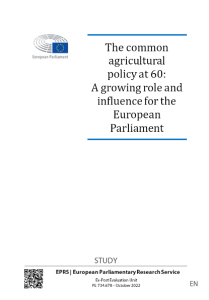
The common agricultural policy at 60. A growing role and influence for the European Parliament
|
A more social CAP
EU’s rural areas face several challenges, identified in the Long-term vision for EU’s rural areas, including depopulation, access to and improvement of basic services, opportunities for employment and need for better connectivity. The CAP will invest in the social and economic fabric of EU rural areas.
- Specific support to young farmers features prominently in each approved Plan, and EU countries went beyond the minimum requirement of dedicating 3% of their direct payments to generational renewal. Overall, a total of €8.5 billion of public spending will help young farmers set up, invest and maintain their business in their first years of activity. In the 2023-2027 period, a total of 377 000 new young farmers are expected to be established as farmers in full capacity. Some Member States plan further efforts to encourage farm succession, enhanced gender equality in rural areas and strengthen the position of women in farming.
- Local development is also boosted by 7.7% of the European agricultural fund for rural development (EAFRD) dedicated to community-led local development strategies (the so-called LEADER approach). This represents €5 billion. Once put in place, these strategies are expected to cover 65% of the European rural population.
- For the first time, CAP payments will be linked to the respect of certain EU social and labour standards and beneficiaries will be incentivised to improve working conditions on farms.
- The Plans will support investments to make living and working in rural areas more attractive, aiming to create at least 400,000 jobs. Equally, support to investment in digital technologies and services to optimise resource efficiency will be provided.
- More than 6 million people will directly benefit from CAP funded advice, training and knowledge exchange, or will participate in innovation projects under the European Innovation Partnership with a focus on environmental and climate performance or social and rural aspects.
More information: European Commission

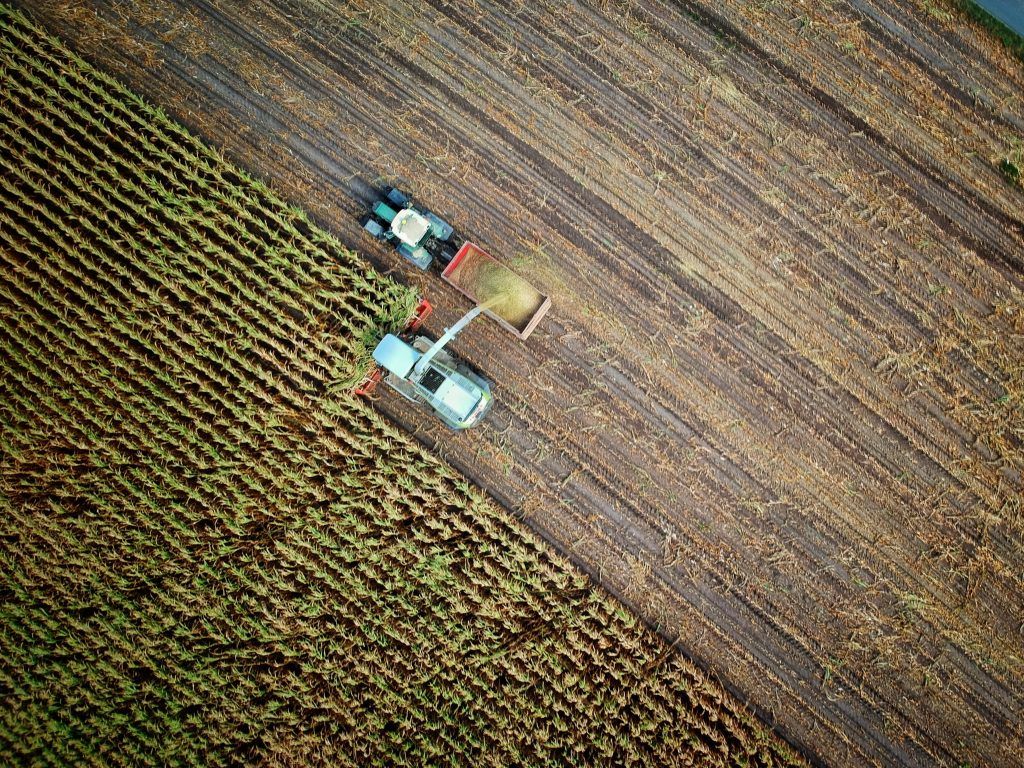

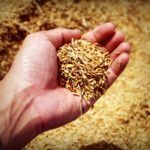
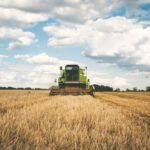
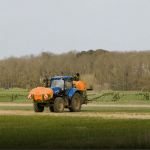

Leave a Reply